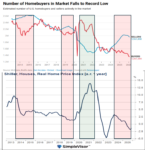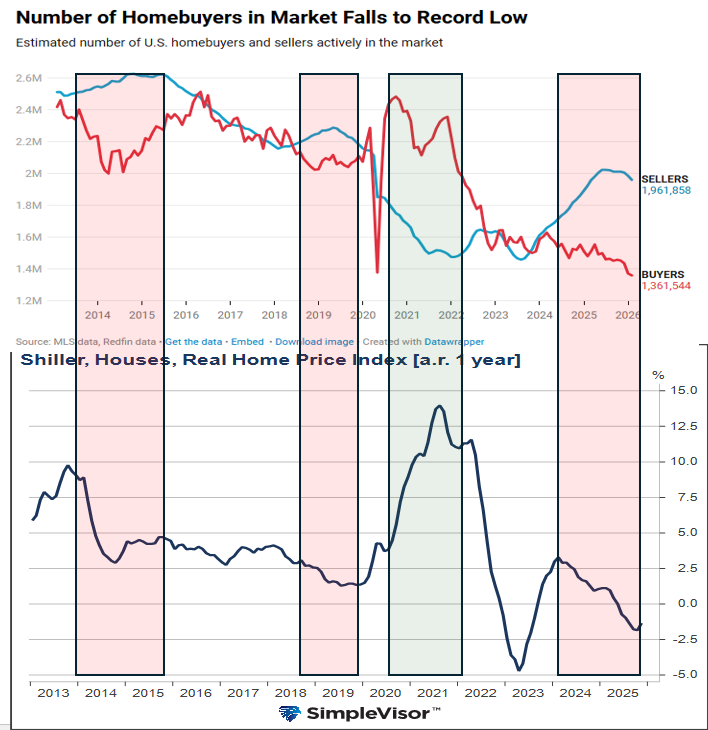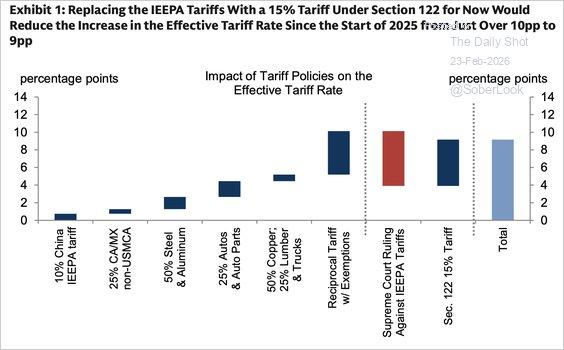Lockdown, home office, travel bans. The pandemic has shaken up the economy, but its disruptive power is having a selective effect. While the pharmaceutical industry is sailing through the crisis unscathed, the watch industry is being hit harder than any time since the last world war. What is the future of Switzerland as a location for business, work and research?
This content was published on December 30, 2020 – 11:00
Relocation of the global village
Traditionally, the Swiss economic year would start with a bang in January, with the World Economic Forum (WEF) annual meeting in Davos. Last year, the WEF was still in the global spotlight with, among other things, the visit of US President Donald Trump. Not so in 2021: the WEF has decided to hold its annual congress – on its 50th anniversary, no less – in Singapore this year.
This means that the Swiss economy will lose millions of francs, but not only that. The symbolic effect of this world event being relocated to Singapore reflects the increasing competition from Asia as a business location. Singapore has become a serious rival, especially for Swiss banks. Since the fall of Swiss banking secrecy, the flow of money from Switzerland to Singapore has increased significantly.
Asia in general is in a stronger position thanks to the world’s largest trade agreement in history: the new Asian free trade zone RCEP (Regional Comprehensive Economic Partnership), which includes economic heavyweights China, Japan, South Korea, Australia and Indonesia. It will be interesting to see how agreements like this will affect the commodities sector, which is strongly anchored in Switzerland.
Hoping for vaccination
The outlook for the Swiss economy over the next year is mixed, with forecasters predicting an upturn only in the second half of the year. Switzerland will be more dependent than ever on its multinational pharmaceutical companies. This fast-growing sector, which now accounts for almost half of Swiss exports in terms of value, has not only passed the coronavirus test without any problems, but has emerged even stronger. It is expected to keep growing in importance and soon exceed a 10% share of Switzerland’s gross domestic product (GDP).
Other Swiss export sectors also depend on the pharmaceutical industry to revive their businesses and keep jobs in Switzerland. All are impatiently awaiting the Swiss vaccination campaign that is starting in late December.
This is particularly true of the watchmaking industry, one of the sectors most affected by the pandemic. Exports of Swiss watches plunged by almost a quarter in 2020, the biggest drop in a year since the Second World War. Although watchmakers are pleased with the upturn observed in China in recent months, they are hoping for a quick return of tourists and the reopening of boutiques in Europe and North America.
Less well-known and visible than the watch industry – but much more important in terms of exports and Swiss jobs (320,000) – the machinery, equipment and metals (MEM) industry faces a very uncertain future. Ultimately, manufacturers of machine tools for the watchmaking, aerospace and automotive industries are particularly affected by the pandemic. They will probably be the last to see signs of a sustained recovery.
Science in 2021: beyond the pandemic
The coronavirus pandemic has upended almost every aspect of life, including the way we buy, prepare and eat food. Swiss-based food manufacturer Nestlé reports that demand for plant-based foods – such as meat and dairy alternatives – shot up as people tried to eat healthier at home and Covid-19 outbreaks hit meat production facilities.
Switzerland is home to numerous companies and start-ups that are creating plant-based foods and changing the calculus for the future of agriculture. In 2021, we’ll continue to follow these trends and what they mean for our diets and the climate.
Swiss start-ups – as well as food giants like Nestlé – are also trying to find alternatives to plastic packaging, which has been shown to end up in our bodies and in the environment at alarming levels. Next year, we’ll also be keeping tabs on the latest in materials science, and how so-called “bio-inspired materials” – or materials found in nature – could offer alternatives in packaging, pesticides and other areas.
Swiss robots
Since machines can’t get sick or spread disease, the Covid-19 pandemic has also accelerated the automation of certain tasks through robots and artificial intelligence. But how do you build trust in these technologies, address their potential to overhaul the workplace as we know it, and make sure they don’t fall into the wrong hands? Switzerland, a global robotics and AI hub, is trying to find answers to these questions, and we’ll be covering those debates.
When travel and opportunities to gather were limited in 2020, people in Switzerland flocked to the mountains and to nature for a socially distanced escape. And plans for big mountain infrastructure projects – like a new express cable car to one of the most-visited sites in the Alps, the Jungfraujoch – continued despite the pandemic. But how does all this human activity affect the delicate – and crucial – biodiversity found in Europe’s largest mountain range? And will Switzerland’s many glaciers, for which it’s known as the continent’s “water tower”, still be there in 50 years, let alone 20? Our ongoing coverage of these issues will look at the reality of the situation, as well as the politics and innovations trying to address it.
And high above the Alps, far from the worries of this world, lie other worlds waiting to be explored. Next year, the three-year mission of the Swiss-led CHEOPS satellite project will come to an end, and we’ll be continuing to follow its findings, as well as other milestones in space exploration involving Swiss research and engineering. CHEOPS was tasked with studying 100 of the more than 4,000 exoplanets that have been discovered since Switzerland’s Nobel Prize winners Michel Mayor and Didier Queloz found the first such planet orbiting a star other than our sun. Is there another Earth out there? We might know more next year.
Digital advances
In the long term, however, the pandemic should also have some positive effects on the Swiss economy. By global standards, Switzerland was considered rather backwards in terms of digitalisation and telecommuting. Many companies in the important service sector were forced to take a step forward in 2020, which should make them more competitive in the long term. However, there are still many unanswered questions regarding working from home, for example regarding legal issues and data security.
Full story here Are you the author? Previous post See more for Next postTags: Environment,Featured,newsletter



























